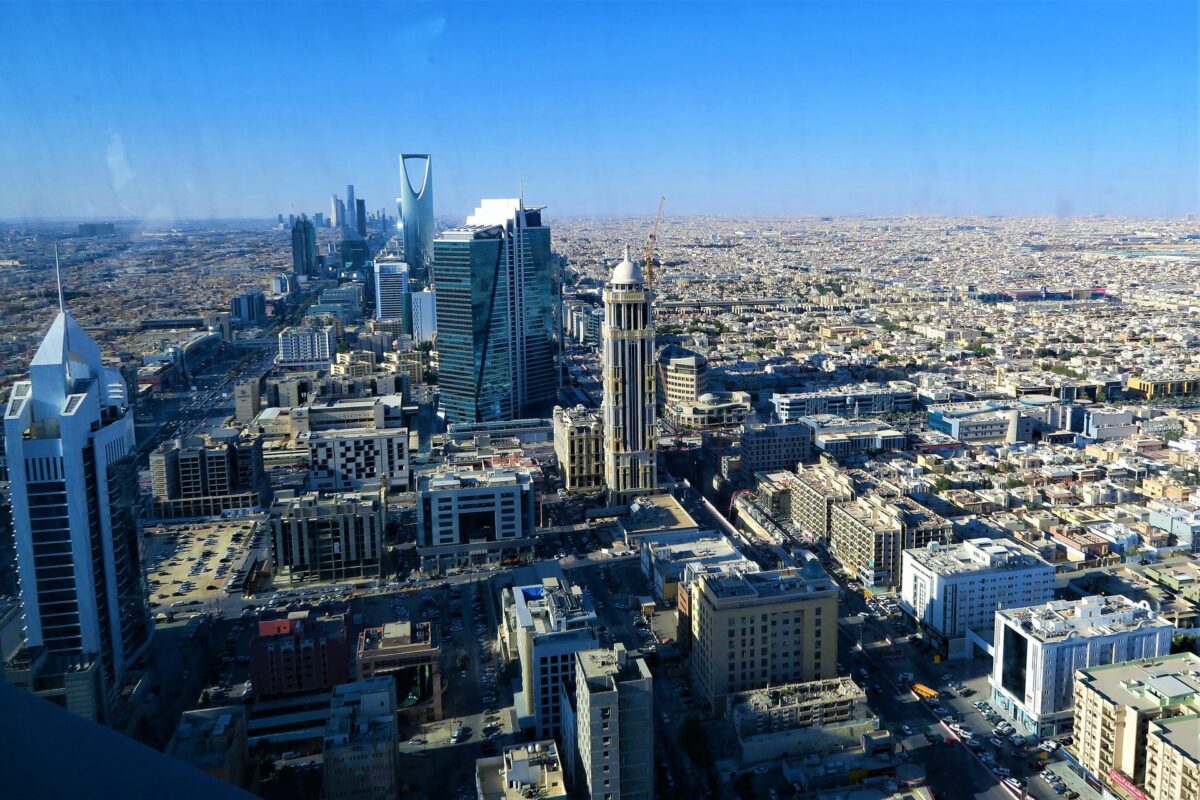Skift Take
The kingdom is making a bold statement, but then it needs to if it's serious about weaning itself of oil revenues over the next 10 years.
Saudi Arabia will invest over $133.34 billion in airports, sea ports, rail and other infrastructure by the end of the decade in a bid to make the kingdom a global transportation and logistics hub, its transport minister said on Monday.
Crown Prince Mohammed bin Salman, who is pushing economic diversification to wean Saudi Arabia off oil revenues and create jobs, announced a transport and logistics drive, of which few details have been released publicly, last Tuesday.
Minister of Transport and Logistic Services Saleh bin Nasser al-Jasser said at an event in Saudi Arabia that the strategy included many mega projects, with over $133 billion earmarked for investment.
Join Us at the Skift Destination and Sustainability Summit on July 21
The strategy is the latest economic policy to put Riyadh in competition with the United Arab Emirates, the region’s business, trade and tourism hub.
Saudi Arabia plans to increase the number of international aviation routes from 99 to over 250 and more than triple total annual passenger traffic from 103 million in 2019 to 330 million by 2030, Abdulaziz Al-Duauilj, the head of the aviation authority, said at the same event.
The kingdom’s international network is currently significantly smaller than that of neighbouring smaller states the UAE or Qatar, which are both large air transit hubs.
Al-Duauilj said annual capacity at Riyadh’s King Khalid International Airport and Jeddah’s King Abdulaziz International Airport would each expand to 100 million passengers, without saying by when.
He also said the kingdom was aiming to become a global air freight logistics hub, handling 4.5 million tonnes of air cargo a year, up from 900,000 in 2019.
Saudi Arabia earlier announced a new national carrier would be launched as part of the strategy, which aims to make the kingdom the fifth biggest global air passenger transit hub.
Sources familiar with the plans have told Reuters the new airline would target international transit traffic, pitting it directly against Gulf giants Emirates and Qatar Airways.
Saudi Arabia’s other airlines, like state-owned Saudia and its low cost subsidiary flyadeal, mostly operate domestic services and point-to-point flights to and from the country of 35 million people.
(Reporting by Marwa Rashad in London and Alexander Cornwell in Dubai; Editing by Catherine Evans and Sonya Hepinstall)
This article was written by Marwa Rashad and Alexander Cornwell from Reuters and was legally licensed through the Industry Dive publisher network. Please direct all licensing questions to [email protected].
Register Now for the Skift Destination and Sustainability Summit on July 21
The Daily Newsletter
Our daily coverage of the global travel industry. Written by editors and analysts from across Skift’s brands.
Have a confidential tip for Skift? Get in touch
Tags: air cargo, dubai, emirates, qatar, qatar airways, riyadh, saudi arabia, saudia airlines
Photo credit: Riyadh in Saudi Arabia. The kingdom plans to increase the number of international aviation routes from 99 to over 250 by 2030. Ekrem Osmanoglu / Unsplash
